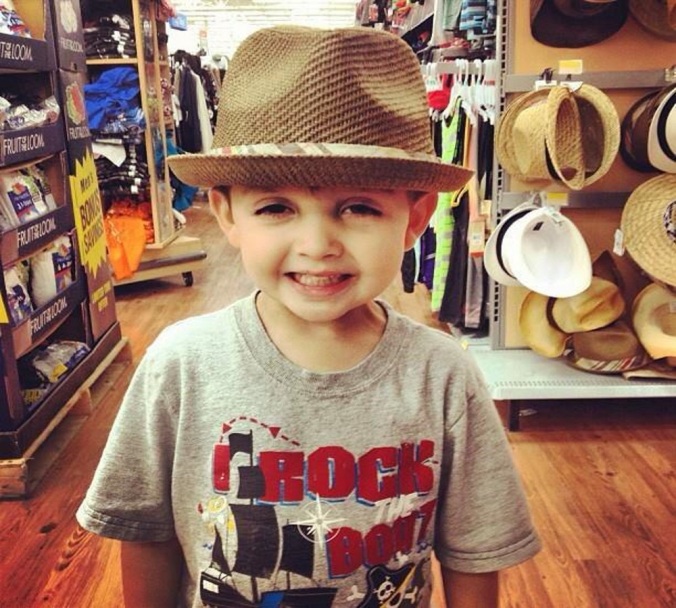Educator Torrie Dunlap believes that we look at kids with disabilities the wrong way. By calling their needs “special” and pushing them into “special” schools, groups and activities, we segregate them, sending a message that if you have a disability, you aren’t welcome to participate in “regular” activities.
What we really need to do, she suggests, is question why our “regular” activities aren’t designed to accommodate kids of all abilities, why “regular” is discriminatory to those with disabilities.
“I believe that a reason why, as a society, we have not embraced children with disabilities as full participants in our schools and communities is the limitation of our own mental models around disability,” she says in a talk at TEDxAmerica’sFinestCity. “We have moved from hiding and institutionalizing children to a world where kids with disabilities are special and receive special services inspecial settings with special caregivers, and they — and their families– are disenfranchised from the community at large …
“I believe that ‘special’ has become a euphemism for ‘separate,’” Dunlap says. “When we create a separate, special place for children where their ‘special needs’ can be met, we are teaching them that their place is over there, with people like them and not in the full community.”
These alienating activities range from “special” proms for high schoolers with disabilities to a particularly disturbing example from Dunlap — a night for “Challenged Buckaroos” at a rodeo. “No special adaptations for disability are needed or offered [at the rodeo] that I can tell,” she says, “[so] why do children who have a disability label need their own special rodeo? What message are we sending to kids when we create a separate rodeo just for them?”
The speaker tackles a difficult issue, society’s models of disability and how they affect children, and looks at it from several angles, using evidence culled from years working with children with disabilities. She is passionate about the issue, ties her experience to greater sociological theories of disability and offers a challenge to the audience to think differently about an entrenched idea.
See TED talk below:






